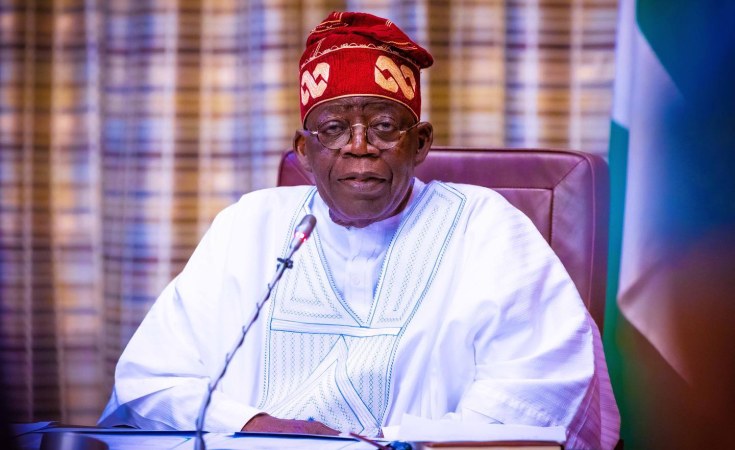"Renewed faith in us by the people who depend on us will help us earn credibility, trust and a sense of confidence that UN-led multilateralism delivers."
The common thread woven across the dozens of speeches at the United Nations by world leaders at the opening of the two-day Sustainable Development Goals Summit was a call for faster progress toward achieving the goals by the deadline of 2030. National leaders and UN Secretary-General Antonio Guterres all expressed hope amid minimal progress on the SDGs.
"Renewed faith in us by the people who depend on us will help us earn credibility, trust and a sense of confidence that UN-led multilateralism delivers," said Dennis Francis, president of the 78th session of the General Assembly, in his opening speech, on Monday, the first day of the summit. "Our eight billion constituents are looking to us for a signal that we will keep our promises and that we are alive to the reality that we have only seven years left before 2030. They want and deserve full reassurance that we all together recognize the circumstantial setbacks that so many have experienced and continue to endure."
The 17 goals and accompanying 169 targets were created in 2015 to accelerate global development - and thereby more equal, just and healthy societies - but most of the goals have experienced retrogression or stagnation. Only 15 per cent of them have been met. They cover everything from ensuring safe sanitation for everyone to gender equality for women and girls to quality education for all to "life below water" to preserve the oceans.
A combination of factors in the last seven years, since the goals' inception, have contributed to the poor progress so far, Mr Francis, a career diplomat from Trinidad and Tobago, said. The factors include the COVID-19 pandemic that ground the world to a halt for almost two years, the effects of global warming around the globe, especially in the Horn of Africa and most of the global South, such as Iraq, and Russia's war in Ukraine.
However, Leo Varadkar, Taoiseach (leader) of Ireland, said that though these crises have further pushed the SDGs off track, world heads of state must acknowledge that the goals were stalled before the pandemic was officially declared by the World Health Organization on 11 March 2020.
"As leaders, our drive to achieve the goals has not been as strong or focused as they ought to be," Mr Varadkar said, noting that though crucial time has been lost, there is hope. (The UN ambassadors of Ireland and Qatar negotiated the political declaration with their fellow member states to kick off the next seven years of SDG achievements.)
Mayada Adil, a young Sudanese activist and SDG leader, who also addressed the General Assembly, said there was no way to describe the current state of the SDGs than as a "failure." Young people, who make up half of the world's population, have been left behind in the goals' implementation, Adil said.
"What have you done to include young people in decision-making space?" she asked the people gathered in the vast Assembly Hall on Monday.
Adil questioned why the UN has dropped the number of young people who were given an opportunity to address the Assembly during the SDG Summit. Last year, young representatives from Afghanistan, Ukraine, Uganda, Pakistan, Nigeria and Argentina, spoke at the summit, she said, noting that only she was invited this year.
Progress has been minimal, the world leaders acknowledged, but the effects are significant in different corners of the world. About 800,000 more people now have access to electricity, 146 countries are on track for reducing child mortality rates, improvements have been made with HIV treatment and more people have access to the Internet.
"We need young people in all our diversity to be seen and heard in policy and decision-making," Adil said.
As he must do at a summit of these proportions, Mr Guterres, the UN secretary-general, was optimistic about the adoption of the political declaration, though the formal process occurs after this week by the General Assembly. The secretary-general said the document could be a game-changer in speeding up the SDG progress in only seven years.
"I am deeply encouraged by the detailed and wide-ranging draft political declaration under discussion here today -- especially its commitment to improving developing countries' access to the fuel required for SDG progress: finance," Mr Guterres said. "This includes clear support for an SDG Stimulus of at least $500 billion a year, as well as an effective debt-relief mechanism that supports payment suspensions, longer lending terms, and lower rates."


